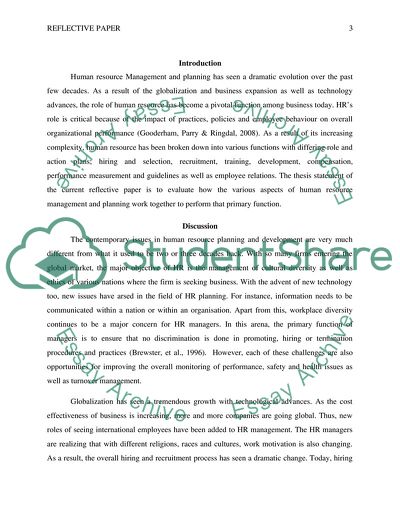Cite this document
(How Various Aspects of HR Management and Planning Work Together to Pe Term Paper, n.d.)
How Various Aspects of HR Management and Planning Work Together to Pe Term Paper. Retrieved from https://studentshare.org/human-resources/1626870-performance-appraisal-paper
How Various Aspects of HR Management and Planning Work Together to Pe Term Paper. Retrieved from https://studentshare.org/human-resources/1626870-performance-appraisal-paper
(How Various Aspects of HR Management and Planning Work Together to Pe Term Paper)
How Various Aspects of HR Management and Planning Work Together to Pe Term Paper. https://studentshare.org/human-resources/1626870-performance-appraisal-paper.
How Various Aspects of HR Management and Planning Work Together to Pe Term Paper. https://studentshare.org/human-resources/1626870-performance-appraisal-paper.
“How Various Aspects of HR Management and Planning Work Together to Pe Term Paper”, n.d. https://studentshare.org/human-resources/1626870-performance-appraisal-paper.


